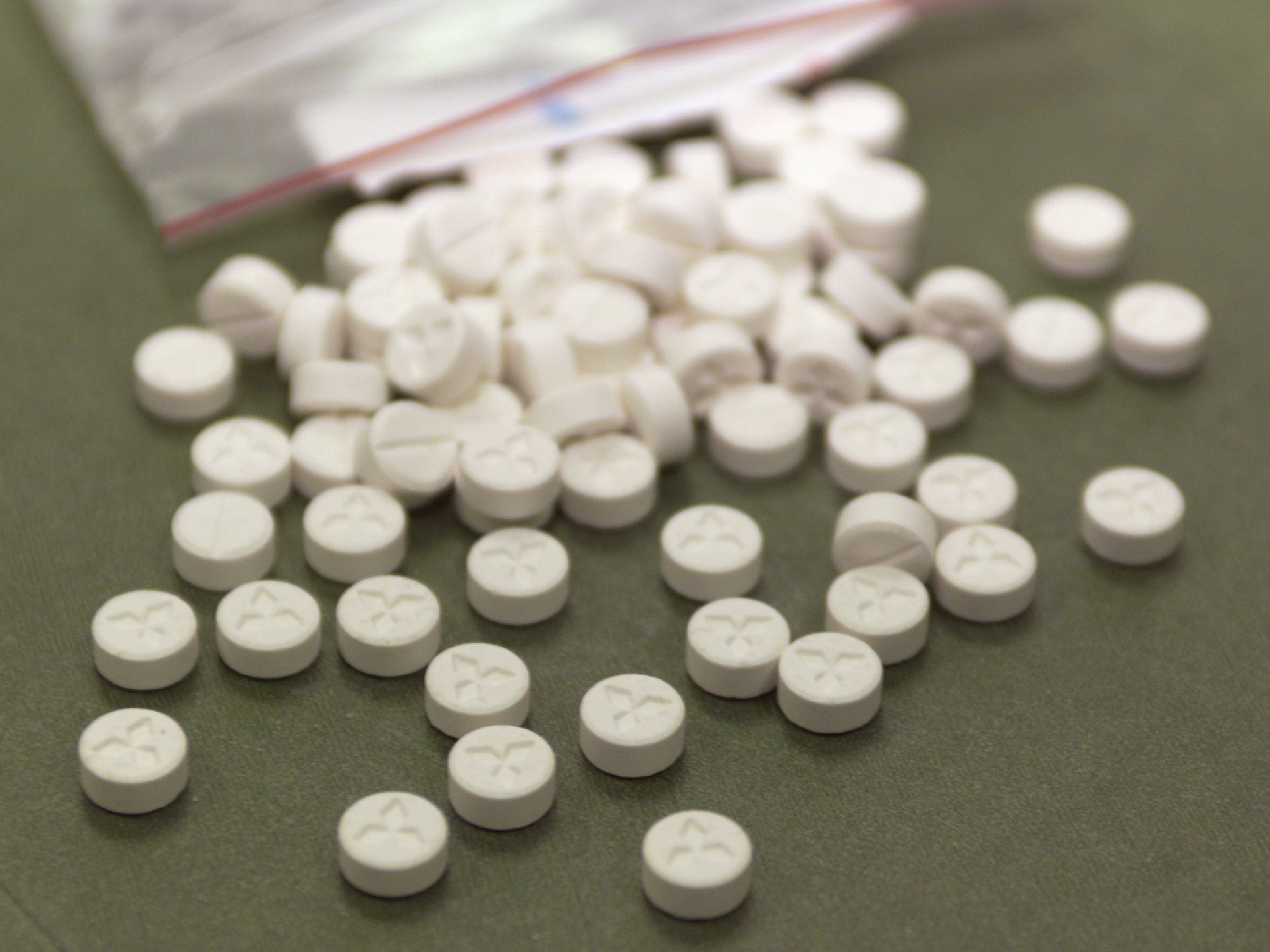MDMA 'cures' sufferers' post-traumatic stress disorder in a few weeks during study
Those on higher doses experience greater decreases in PTSD symptoms, finds pilot

Your support helps us to tell the story
From reproductive rights to climate change to Big Tech, The Independent is on the ground when the story is developing. Whether it's investigating the financials of Elon Musk's pro-Trump PAC or producing our latest documentary, 'The A Word', which shines a light on the American women fighting for reproductive rights, we know how important it is to parse out the facts from the messaging.
At such a critical moment in US history, we need reporters on the ground. Your donation allows us to keep sending journalists to speak to both sides of the story.
The Independent is trusted by Americans across the entire political spectrum. And unlike many other quality news outlets, we choose not to lock Americans out of our reporting and analysis with paywalls. We believe quality journalism should be available to everyone, paid for by those who can afford it.
Your support makes all the difference.Party drug MDMA may help people recover from psychologically traumatic experiences, according to a new clinical trial.
Scientists in California gave varying doses of the substance to 22 military veterans, three firefighters and a police officer, who had all been diagnosed with Post-Traumatic Stress Disorder (PTSD).
Participants were given doses of the drug ranging from 30mg to 125mg alongside psychotherapy.
Those on higher doses on average experienced greater decreases in the severity of their PTSD symptoms than those on the lower doses, the pilot study found.
After two treatment sessions, 86 per cent of participants taking 75mg, 58 per cent of those taking 125mg, and 29 per on 30mg no longer met the diagnostic criteria for PTSD.
MDMA is the main active constituent of ecstasy, a recreational drug that induces feelings of euphoria and enhances sensory perception.
Both are classified as illegal Class A drugs in the UK, possession of which carries a maximum penalty of up to seven years in jail.
Lead researcher Dr Allison Feduccia, from the Multidisciplinary Association for Psychedelic Studies in Santa Cruz, California, said: “Our study suggests that MDMA might help augment the psychotherapeutic experiences and may have a role to play in the future treatment of PTSD. However, we would certainly not recommend that individuals try these drugs for the treatment of psychiatric disorders without the support from trained psychotherapists.”
The MDMA was administered to the study participants during eight-hour long specially adapted psychotherapy sessions.
These were followed by an overnight stay in a clinic, seven days of telephone contact, and three further 90-minute sessions of psychotherapy.
Side effects of the treatment included anxiety, headache, fatigue, muscle tension and insomnia, according to the study, which was published in The Lancet Psychiatry.
Temporary increases in suicidal thoughts were also reported. One participant with a history of suicide attempts had to be admitted to hospital, but later completed the study.
During the trial, neither the participants nor the clinicians knew how the doses of MDMA were being distributed.
Later participants were offered additional MDMA treatment and psychotherapy and this time were told what they were receiving.
A year after the end of the study 16 of the 26 participants were no longer classified as suffering from PTSD, while two had a renewed diagnosis.
Commenting on the research in the journal, professors Andrea Cipriani and Philip Cowen, from Oxford University, said recreational use of ecstasy raised numerous safety concerns including fatal toxicity, long-term mental impairment and brain damage.
But they added: “With rigorous sourcing of MDMA and close medical and psychological supervision, its short-term use in carefully selected patients with PTSD seems safe.”
Dr Michael Bloomfield, clinical lecturer in general psychiatry at University College London, who described PTSD as a “potentially devastating condition”, said: “This new, well-conducted study adds to fascinating research which suggests that MDMA may be a candidate drug in a future era of medicine-assisted psychotherapy.”
However, he said more research was needed to “tease out” the beneficial effects of MDMA.
He warned: “Survivors of trauma who are experiencing PTSD should not try this on themselves because of the risks associated with street ecstasy and the need for good quality psychiatric care including psychotherapy in recovering from PTSD.”
Press Association contributed to this report
Join our commenting forum
Join thought-provoking conversations, follow other Independent readers and see their replies
Comments